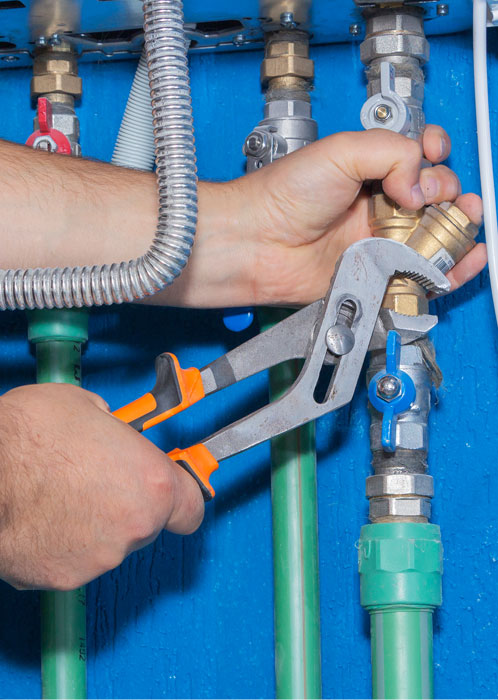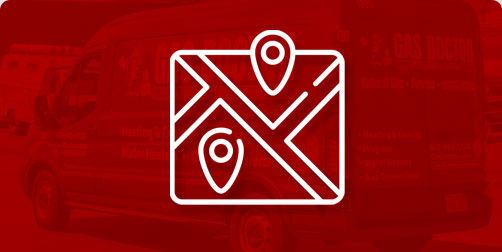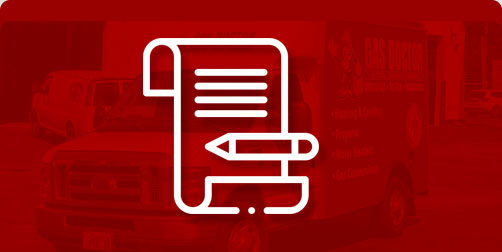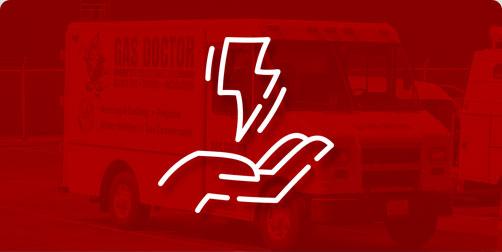RELIABLE SERVICE
FROM EXPERIENCED TECHS
UPGRADE YOUR EQUIPMENT
FOR EFFICIENCY & SAVINGS
COMPANY
LEARN ABOUT US

CONVERT TO PROPANE OR NATURAL GAS
Gas Doctor makes the process as safe and easy as possible
If you're considering a switch from oil to natural gas or proane, the Gas Doctor has you covered! Gas Doctor has been converting homes from oil to gas for over 20 years. Once you have decided to make the switch, a member of our team will review the entire process involved in making the switch from oil.
Steps to Converting from Oil to Propane
1. Once you have made the decision to switch to Propane you have a couple of options when it comes to heating systems. We will help you decide on the Propane System that best fits your budget and energy needs.
2. Gas Doctor will work with your schedule to set a time to assess your energy needs and to go over the entire conversion process. This includes selecting a new heating system, removing your old system and installing the new propane system.
3. We will need to ensure that your oil tank is at a level where it can be removed from the home. We recommend that the oil tank being removed is at 1/8 or less when we schedule the installation.
4. Once the fuel levels are confirmed a date and time to install your heating system will be scheduled.
5. We will have to remove the old heating system, oil storage tank, piping, and other applications. After removing the old system, the new propane heating system will be installed. Any previous piping to radiators, baseboards, or vents will be seamlessly connected to ensure you receive the same or better comfort.
6. As part of the Santoro Family of Companies, Gas Doctor customers throughout Rhode Island and southeastern Massachusetts now have access to propane delivery. We can discuss setting up a delivery schedule and propane service plan.
Steps to Converting from Oil to Natural Gas
1. Once you have decided to switch to natural gas, please call the Gas Doctor and we will find out for you if natural gas is available in your area.
2. Once confirmed it is then time for the Gas Doctor to make a house call. We will come out to discuss your options for natural gas, furnaces, boilers, and water heaters.
3. Next, the location for the natural gas meter will need to be selected if you don't have natural gas in the home already. We will discuss with you the best place to have the meter to allow for the most efficient setup for the home.
4. Gas Doctor will then install the correctly sized natural gas piping. After the piping has been installed and is in place, the Gas Doctor will install your new Natural Gas furnace or boiler. As part of your installation, we will connect all of your appliances and existing piping to the new heating system.
5. Lastly, we will conduct a leak test and combustion test on your heating system, and any additional appliances to ensure the proper pressures and safety measures are in place.
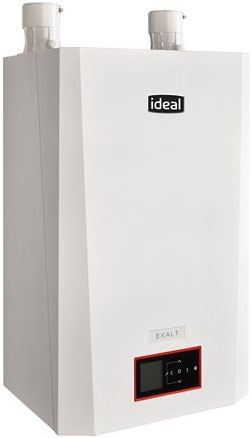
Frequently Asked Questions
Converting from Oil to Propane or Natural Gas
Can I convert my old oil system to gas?
In some applications, we can. In the case we cannot convert your old oil system, we carry a wide variety of oil boilers and furnaces that can replace your old oil system. In some cases, a conversion burner can be put in to act as a replacement.
What happens to my old heating system?
The Gas Doctor will come in, evaluate your current heating system configuration, and begin the process of removing your old system. The Gas Doctor will safely remove all of the piping, the old tank, and the furnace or boiler and safely dispose of the materials.
Will I get reimbursed from my oil company for the oil that I didn't use?
Oil companies will not typically reimburse for the oil as it can not be resold. For this reason, we recommend that oil tanks are 1/8 full or less at the time of scheduling the installation of your gas heating system.
I want to switch from oil. Should I choose natural gas or propane?
If natural gas utilities are already available in your neighborhood, that should be your first option. Natural gas is typically run in cities and towns with larger populations and demand. Propane



















